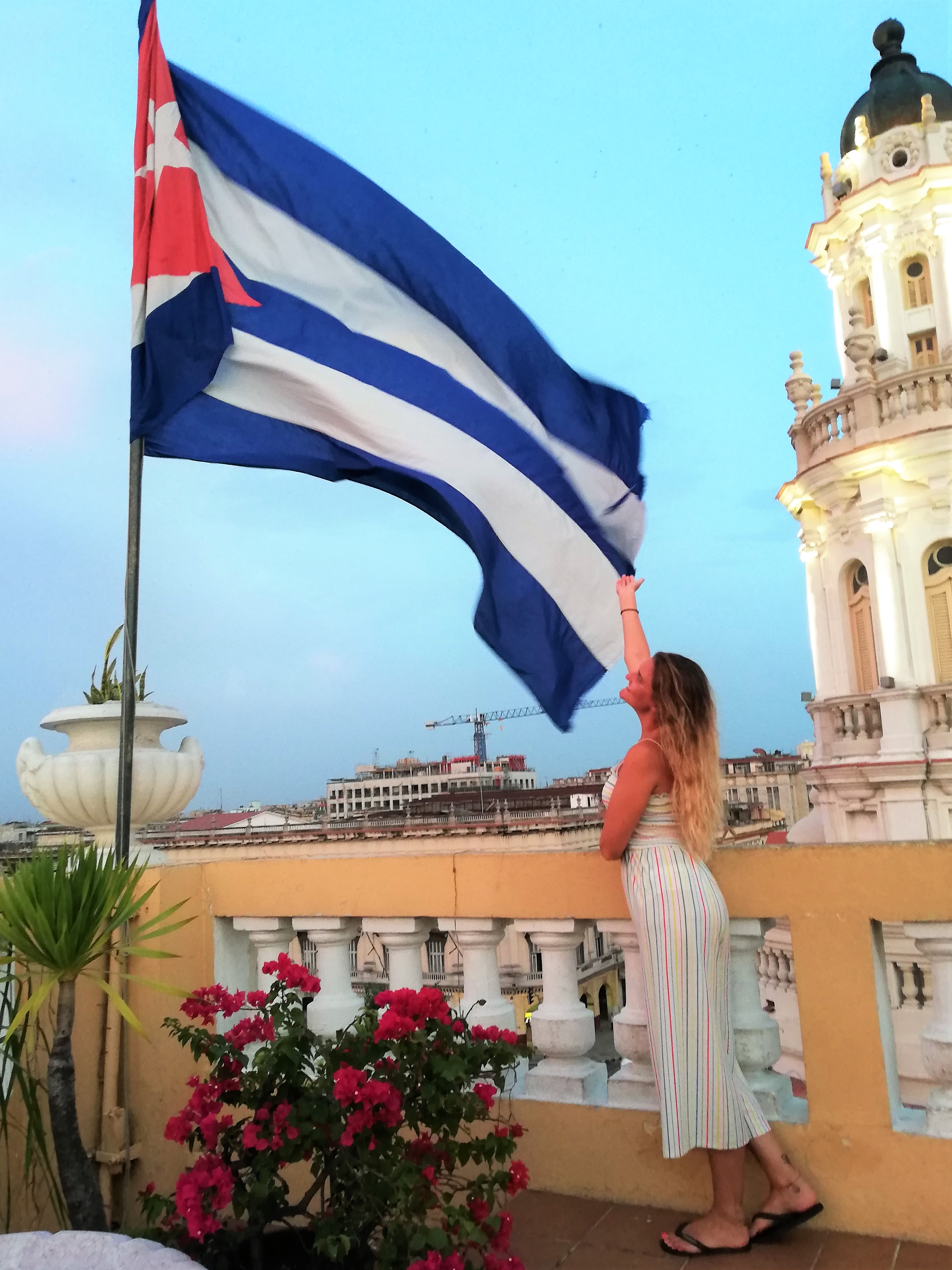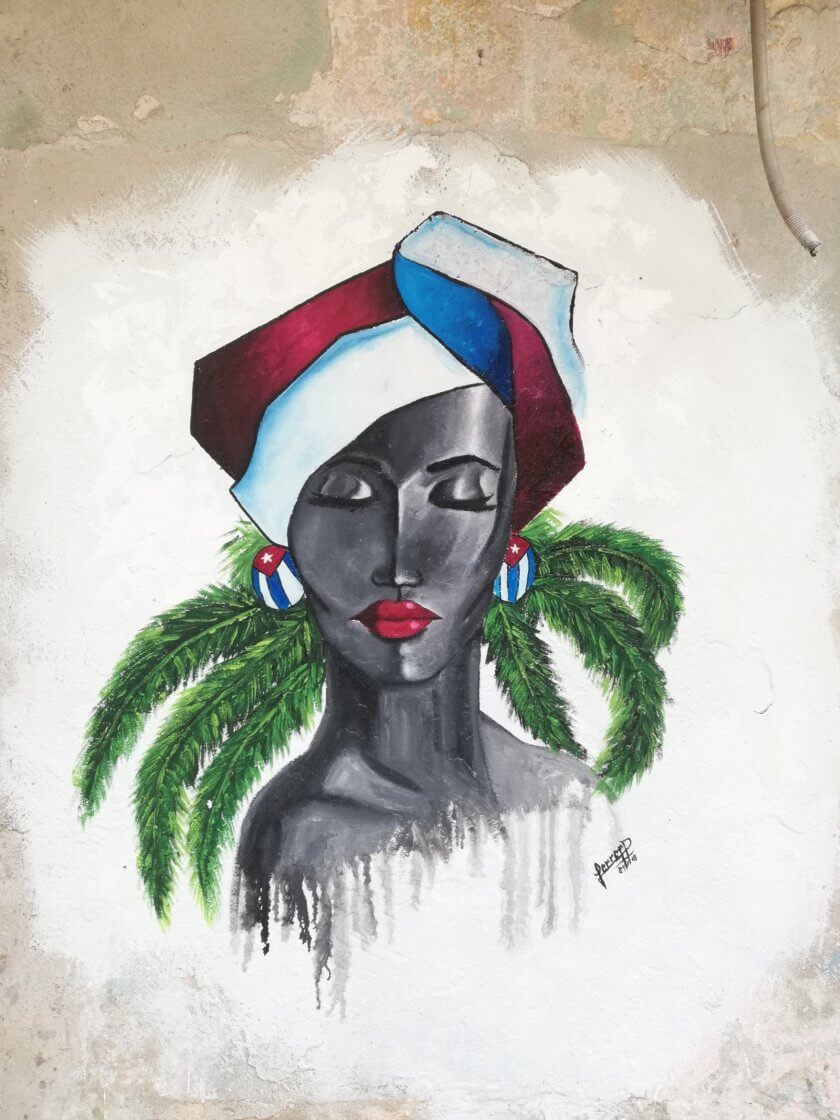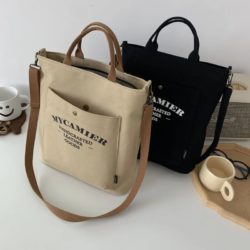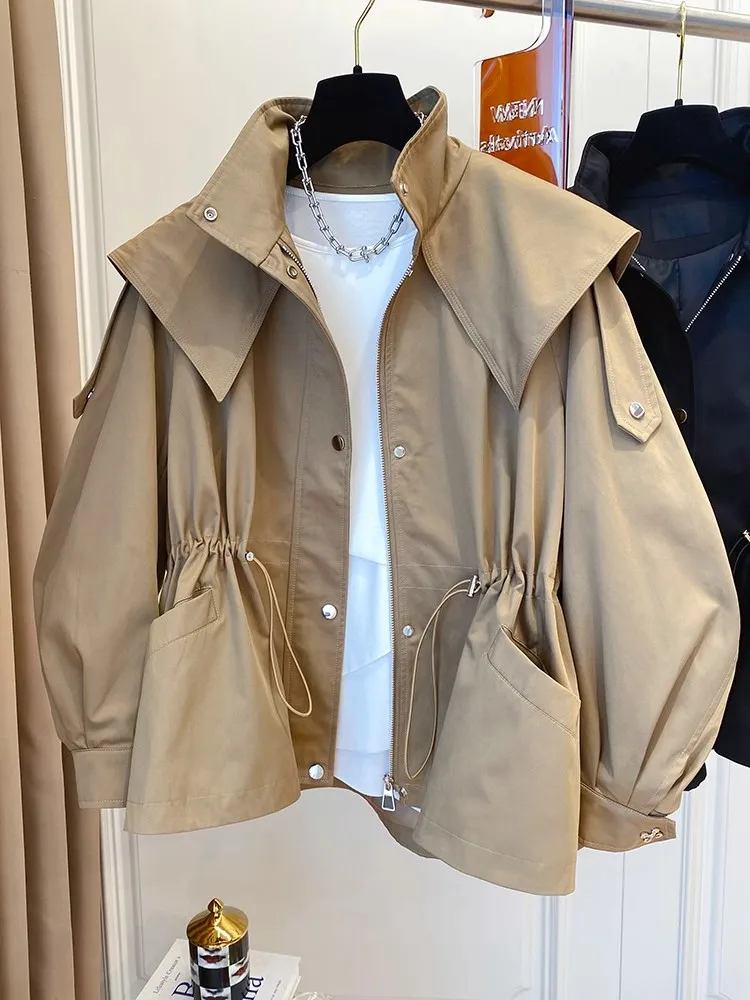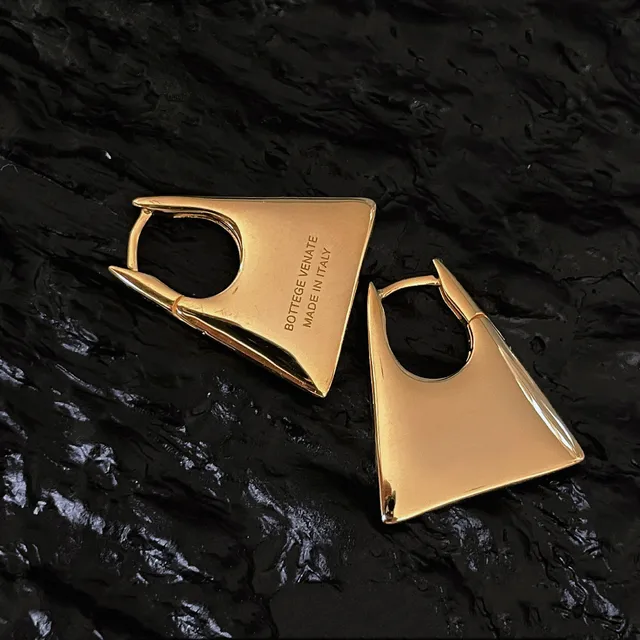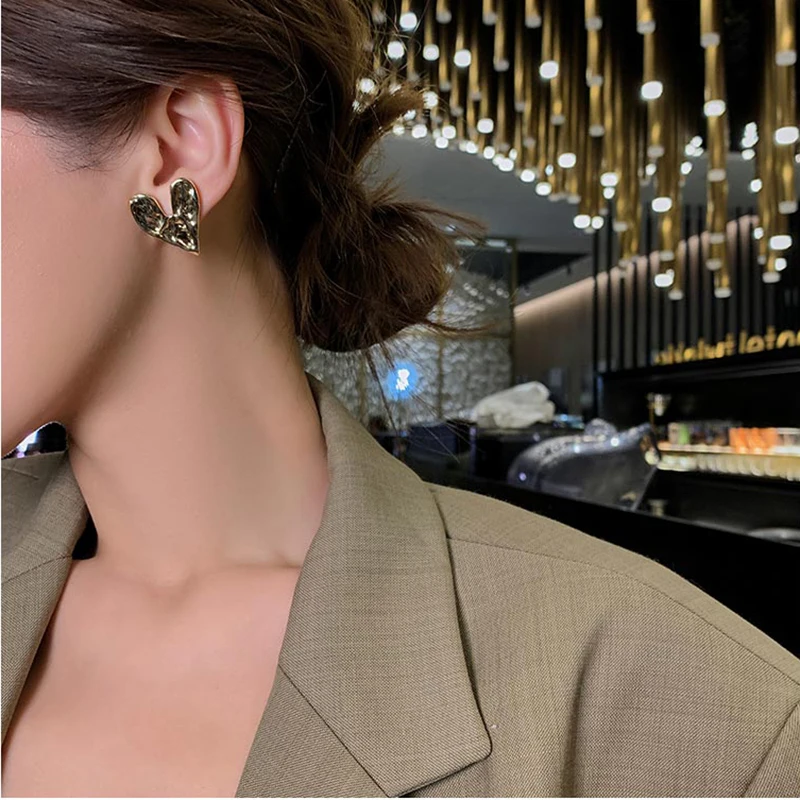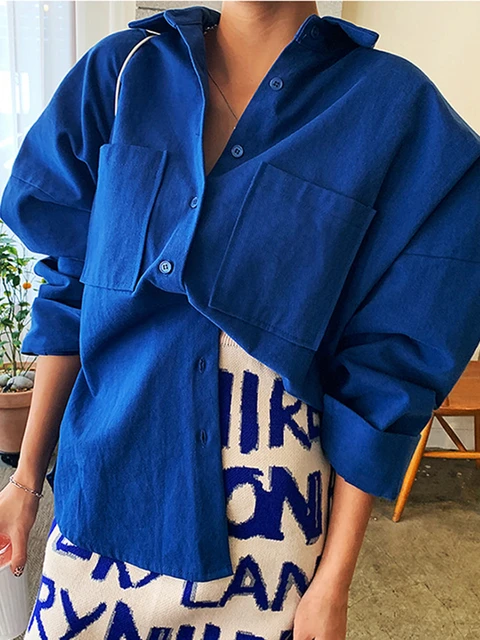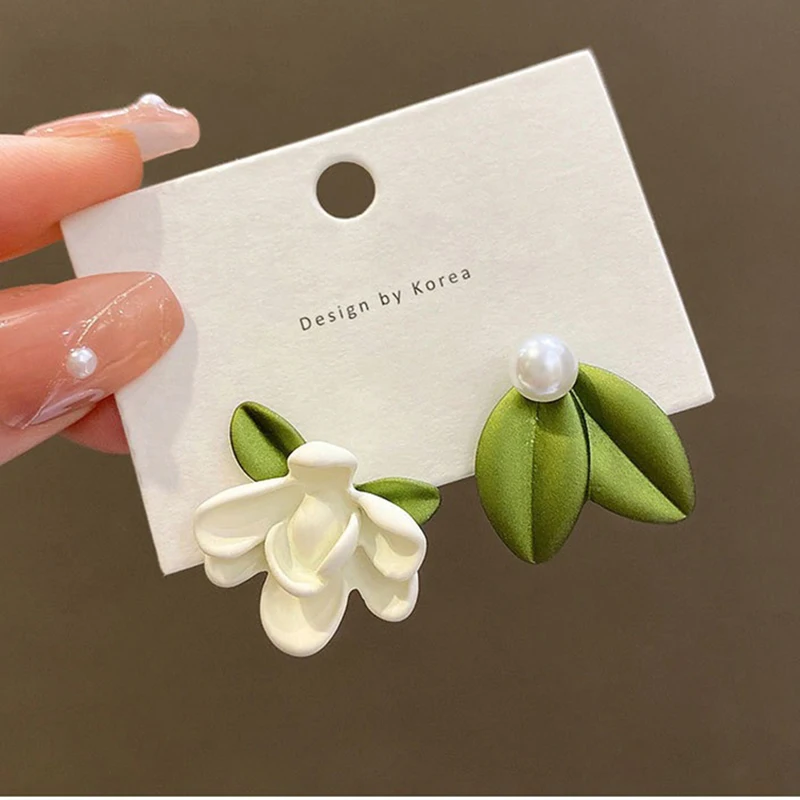‘Havana ooo na na, half of my heart is in Havana ooo na na’.
Ah, the song of last summer on everyone’s lips. Ironic how within months of this song being all over my radio, half of my heart was indeed in Havana (ooo na na).
I’m a city girl. I love the convenience of rolling out of bed and heading for a coffee. Popping to the market on a lunchtime. I thrive on the convenience and the hustle and bustle. But, it’s not often I fall in love with cities across the world, particularly capital cities.
Usually when I’m travelling that hustle and bustle renders me overwhelmed. It sees me pack my bag and jump on the next bus (or train, or tuk tuk) out of there. I’m always falling in love with new places. Call me a hopeless romantic. But those places are usually far from the city.
Cuba proved to be an exception to my rule. As soon as set foot on Havana’s cobbled streets I was overcome by the magic of this irresistible city.
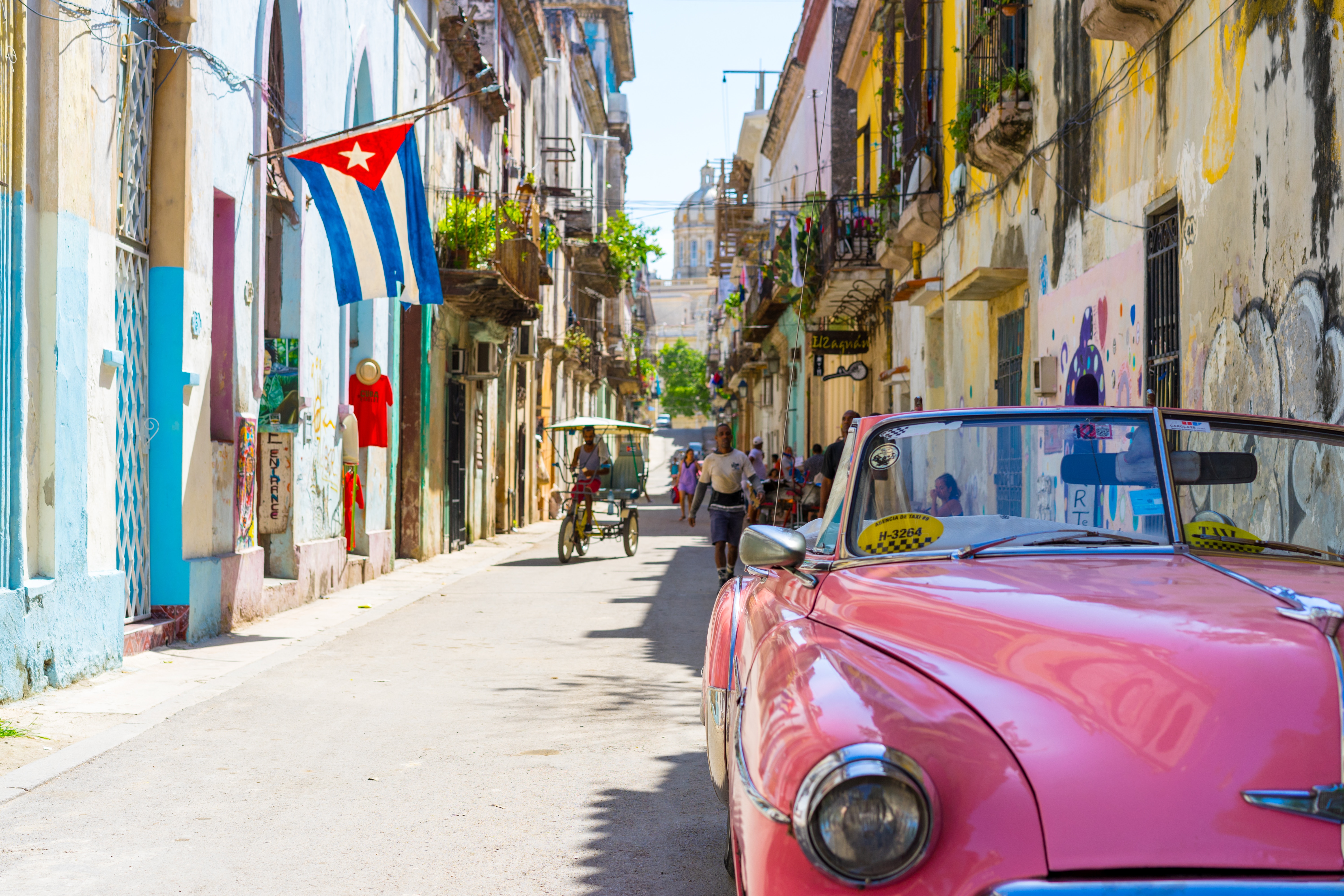
Havana’s retro charm is chilled and charismatic, the atmosphere is thick with seduction and nostalgia. Havana is the ultimate throw back to a time gone by.
But of course, all these feels don’t come without quirks, so here’s a few things to bear in mind before booking that trip.
It’s hard to find branded items
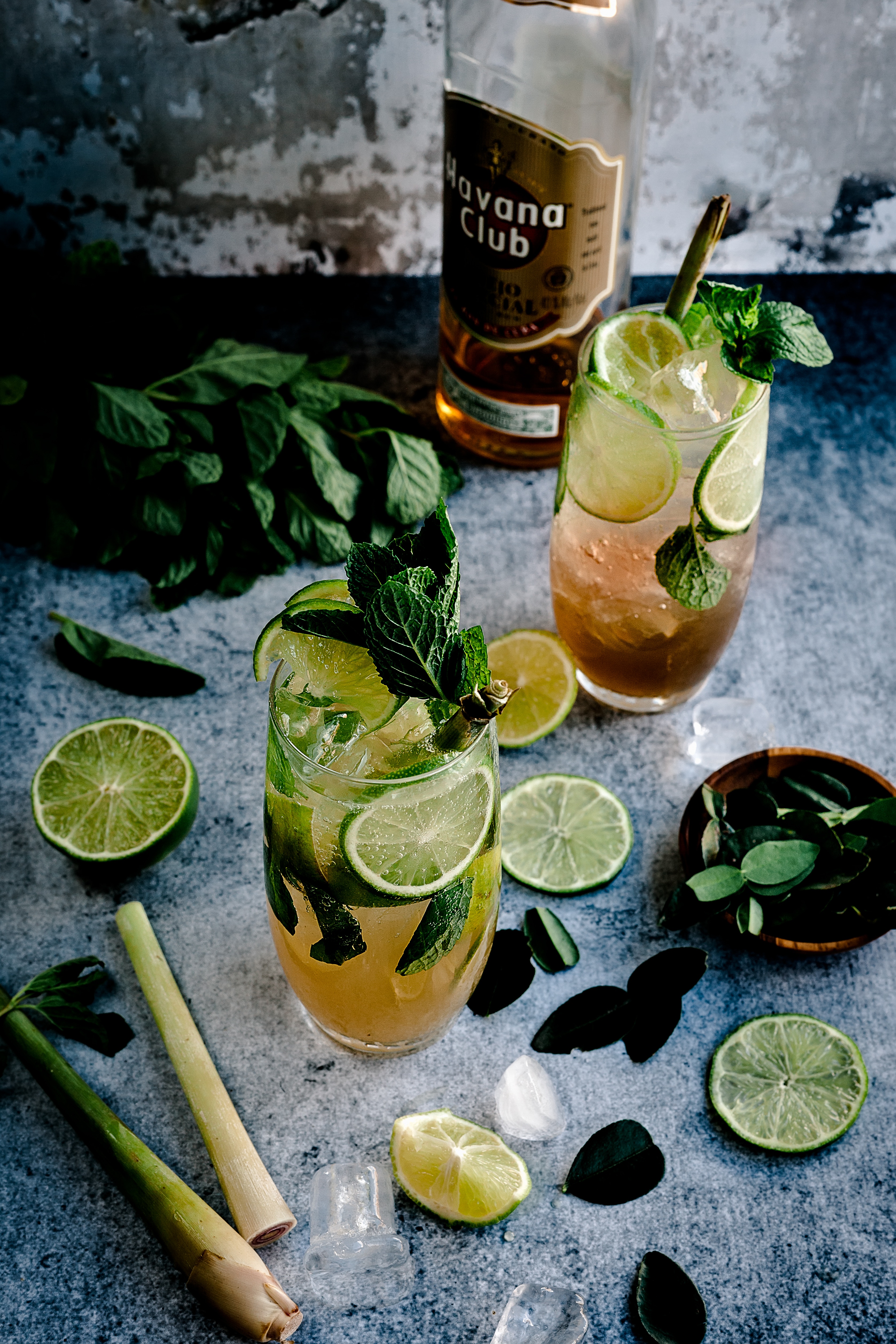
As travellers we always carry the necessities anyway. But most countries we visit these days, it’s relatively easy to pick up hair conditioner if you run out. Or grab a Coca Cola if you’re thirsty.
Don’t expect that in Havana.
Sadly, the US embargo and a socialised government has caused some havoc to Cuba’s stores.
The range of consumer products does seem to be slowly expanding throughout Cuba’s shops, but needless to say, these things take time and the range is still shockingly poor. And, if you do find them, prepare to pay well over the odds.
It’s much more fun anyway to join the locals buying fresh food from the street markets and from sellers on bicycles.
One of the things that adds to Havana’s charm is a lack of advertising. In a world saturated with adverts, TV and bill board advertising, there is something refreshing about being in a city with a distinct lack of consumerism.
Indeed, there are no chain supermarkets or restaurants here, everywhere remains owned by individuals. If you’ll die without your daily Starbucks venti double shot caramel macchiato, then Havana is probably not the city for you.
Who needs Coca Cola anyway when you can have Havana Club?
Peculiar money situation
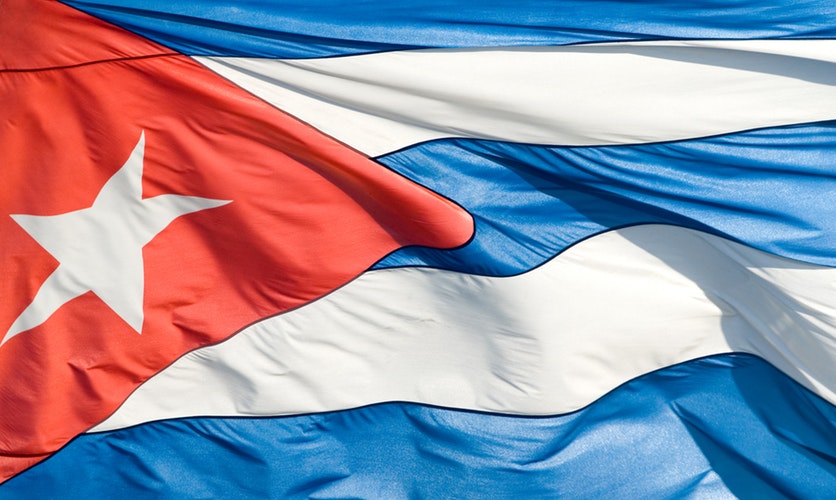
Surely Cuba is the only country in the world with two currencies?
Locals use Cuban Pesos whilst visitors use the Cuban Convertible Peso (CUC). CUC is a closed currency, so it’s not possible to get your currency before entering the country (if you’re the organised type of traveller).
With this is mind, it’s also worth noting that the ATM game in Cuba is sketchy. For such a big city, Havana seriously has hardly any ATMs. It’s worth getting as much as you can from the ATMs at the airport. These seem to be the safest, most reliable, and actually have cash in them.
Don’t forget that if your bank is at all associated with the USA, then your card won’t work in Cuba. Credit cards are rarely accepted and when they are its always Visa. Hardly ever Mastercard.
Definitely worth preparing for the money situation before arriving.
Me casa es su casa
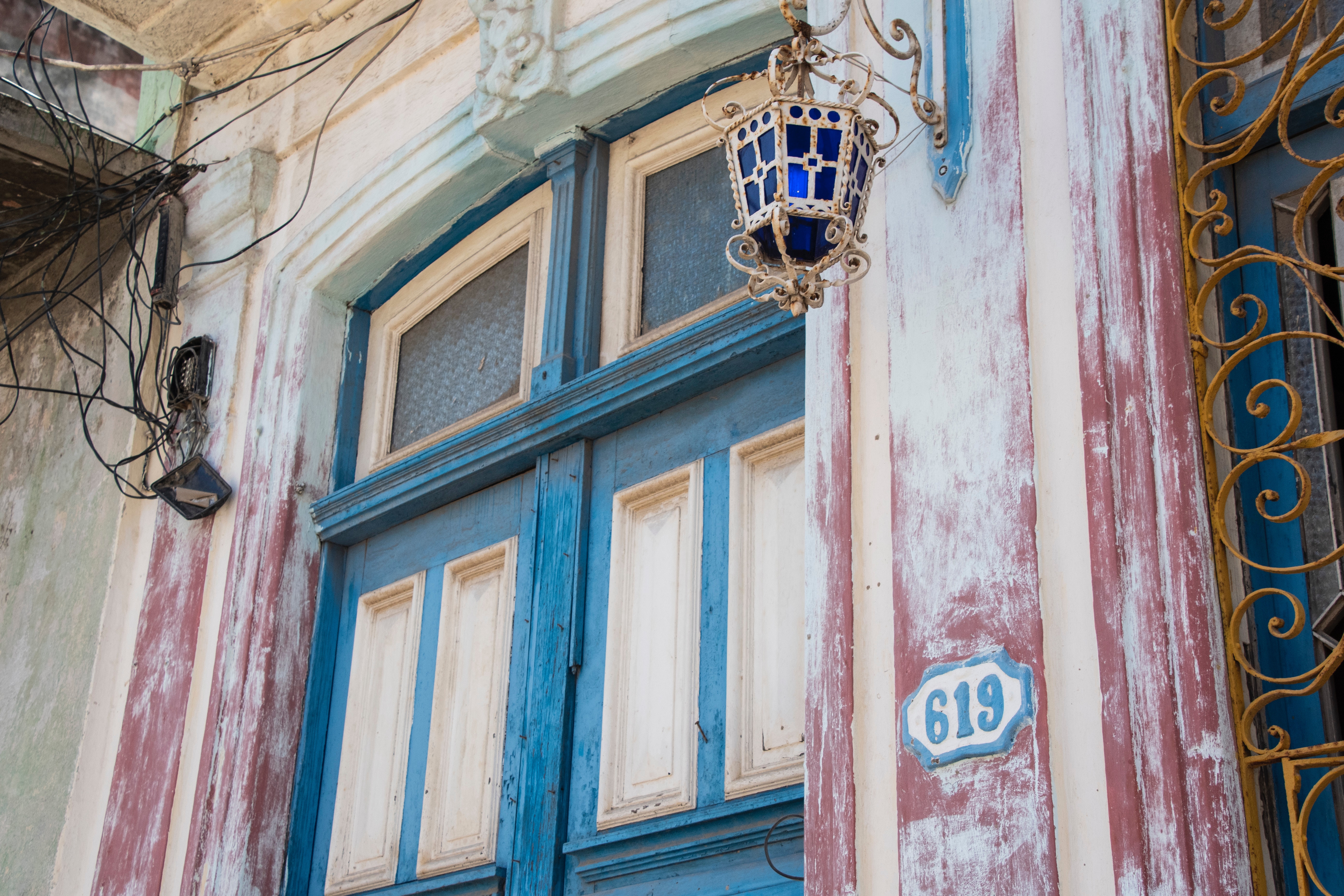
The usual backpackers’ hostels are non-existent in Havana. Hotels are available but are far and few between. The best way to stay in Havana is to find a ‘casa particular’. Casas particulares may seem like a strange idea, but living with locals, in their houses, in a private bedroom is by far the easiest (and most fun) way to stay in the city.
The concept may seem strange to you, but to Cuban locals this is nothing out of the ordinary. Their culture is one of ‘what’s mine is yours’. Casas particulares are all over Havana and are basically the governments version of Airbnb.
A similar thing goes with paladares. Paladares are a relatively new concept in Cuba having only been legalised in recent years. Family run restaurants from family run homes, paladares are small and hidden away, often not visible from the road. But when you find them, they are sure to excite. Menus are usually small, and meals set with rice and beans, vegetables and the main of your choice. Ambiance is authentic, and prices are perfect. Often the families have no professional training, just a cookbook full to bursting with traditional old family recipes handed down the generations.
Off the social media radar
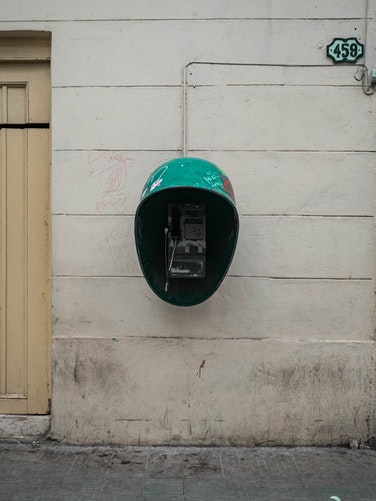
Cuba is the only country I have ever visited where internet consumption is restricted with internet access cards. These cards equate to about $1 for an hour of internet. It’s not going to break the bank, but even once you have the pass code there’s no guarantees you’re logging on as the connection is so terrible.
Certainly not a place for the digital nomads amongst us. It does, however, add to Havana’s super chilled vibe where people talk over dinner and play cards over evening rums.
Public phone boxes litter the streets and remain the main source of communication within the city.
If you’re going to Cuba be sure to tell friends and family (and followers, clients, facebookers…!) that you’ll be uncontactable for while.
I love Havana’s quirks. But it’s handy to be aware of them before you arrive. Preparation is everything!
